In addition to educating consumers about seafood sustainability through purchases at the grocery store, Vancouver-based Ocean Wise is leveraging its partnerships with restaurants and executive chefs to deliver a sustainability message to diners grabbing a meal on the town. The Ocean Wise program includes over 550 partners across Canada, of which about 350 are restaurants. The program’s goal is to educate consumers about the issues surrounding sustainable seafood and to empower them to make well-informed choices about their seafood options.
Ocean Wise recently partnered with Fairmont Pacific Rim in downtown Vancouver to convert the hotel’s sushi restaurant, The RawBar, into the first sushi venue in the city that sources only Ocean Wise-recommended seafood. According to Ann-Marie Copping, Ocean Wise manager, the partnership represents yet another platform to advance the sustainable seafood movement by using environmentally-minded chefs as a platform for consumer education.
“More and more people are turning to chefs to learn what they should and shouldn’t eat. Chefs can open people up to trying new and different things,” Copping said.
At the start of the partnership, 80 percent of the seafood items on The RawBar menu were considered Ocean Wise-recommended. The program is based on scores from the Monterey Bay Aquarium Seafood Watch Program: in order to receive approval by Ocean Wise, wild-capture fish must have a Seafood Watch score of 2.8 or above, and farmed fish must have a score of 5.5 or above. Today, The RawBar sources 21 different fish species, all of which are Ocean-Wise recommended.
From the outset of the partnership, the leadership team at The RawBar was fully on board with Ocean Wise’s recommendations. “Chef Taka is very knowledgeable and supportive of the sustainable seafood movement. He wanted to do the right thing on sourcing,” Copping said.
After Ocean Wise staff helped assess the seafood offerings on The RawBar menu, the program’s greatest value was to provide recommendations on alternative sourcing options in order to achieve a fully comprehensive sustainable seafood menu. Making the transition to 100 percent sustainable can sometimes mean taking some of the biggest sellers off the menu and finding a suitable replacement that still appeals to diners’ palates.
In the case of The RawBar, top priorities were finding alternatives for eel, yellowtail, and abalone. Unagi (freshwater eel) features in numerous rolls and is a top menu item for sushi lovers. However, there are currently very few sustainable sources for the eel, as fishers often capture eels that are too young in order to stock farms, ultimately depleting wild populations in the process. Ocean Wise recommended that the restaurant replace BBQ eel with smoked sablefish, while yellowtail was removed completely. For abalone, Ocean Wise relied on an approved partner in Hawaii: in order to reduce import costs, The RawBar found a team of local restaurants in Vancouver to also commit to a purchasing order for the abalone, creating a win-win for all parties prix du viagra en suisse.
Now, diners at The RawBar can rest confident that the sushi on their plates is an ocean-friendly seafood choice. By making the transition to 100 percent Ocean Wise-recommended, The RawBar menu takes the guesswork out of ordering for consumers.
For Copping and her staff, the quest to advance the sustainable seafood movement continues. Just as Alliance members strive to continually improve the robustness of seafood commitments with their retail partners, Copping sees an opportunity to reach people “outside the sustainable seafood tent” by breaking new ground on partnerships with mid-tier restaurants.
“The opportunity for impact is high with the mainstream family-style restaurants, where the majority of Canadians dine,” Copping said. The hope, at least, is that consumers exposed to sustainable menus while dining out may make more informed choices the next time that they visit their local grocer’s seafood counter to prepare a meal for their family.

